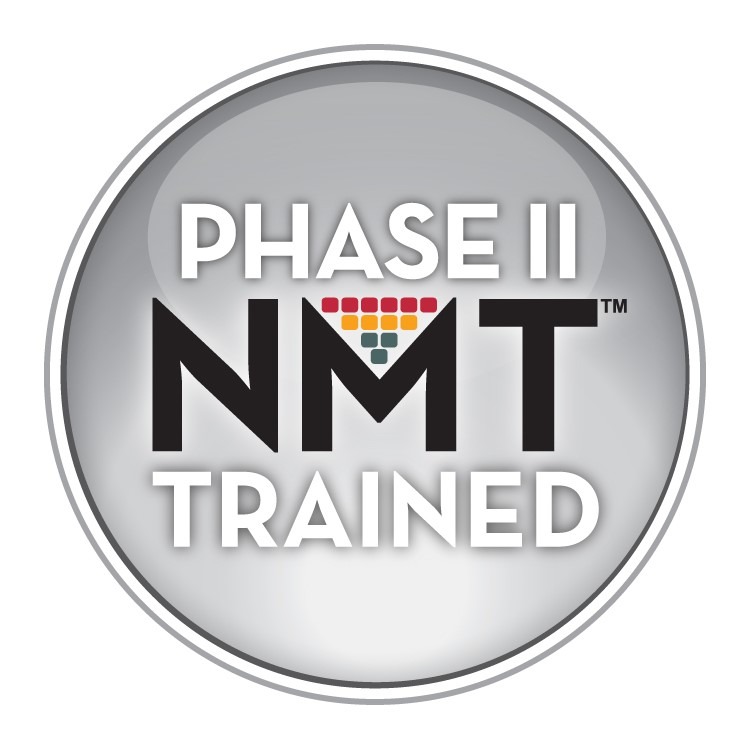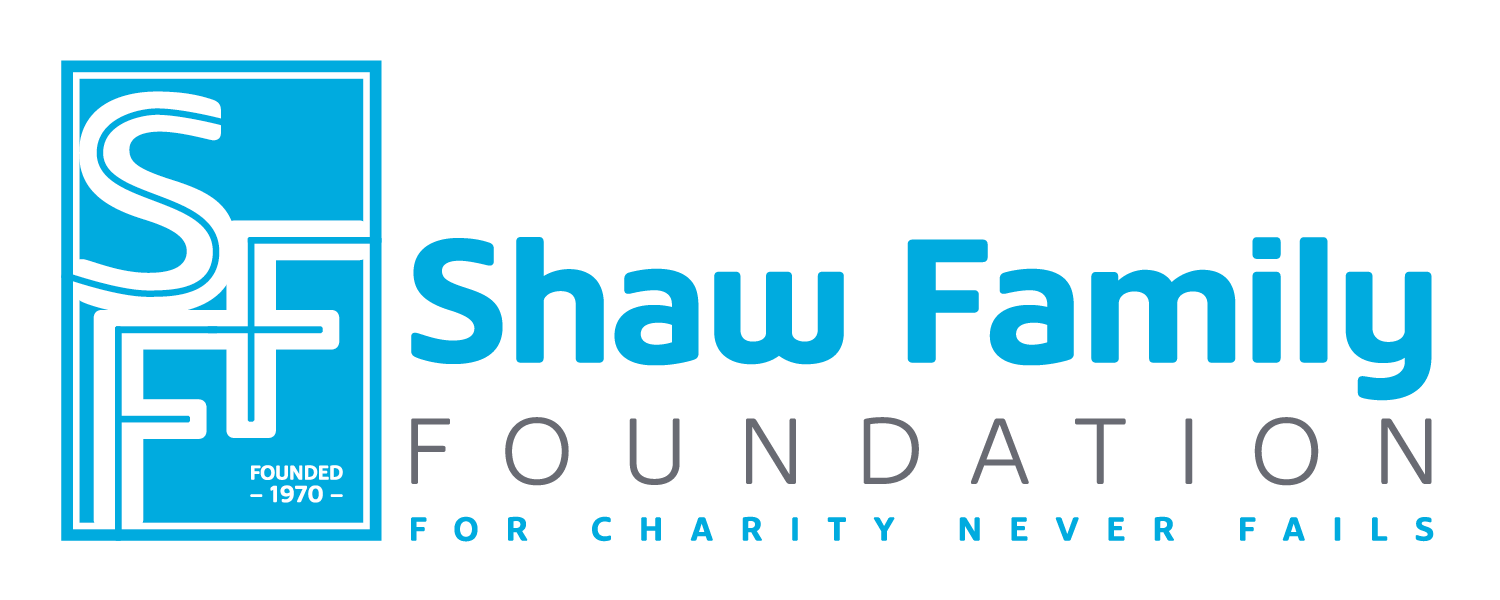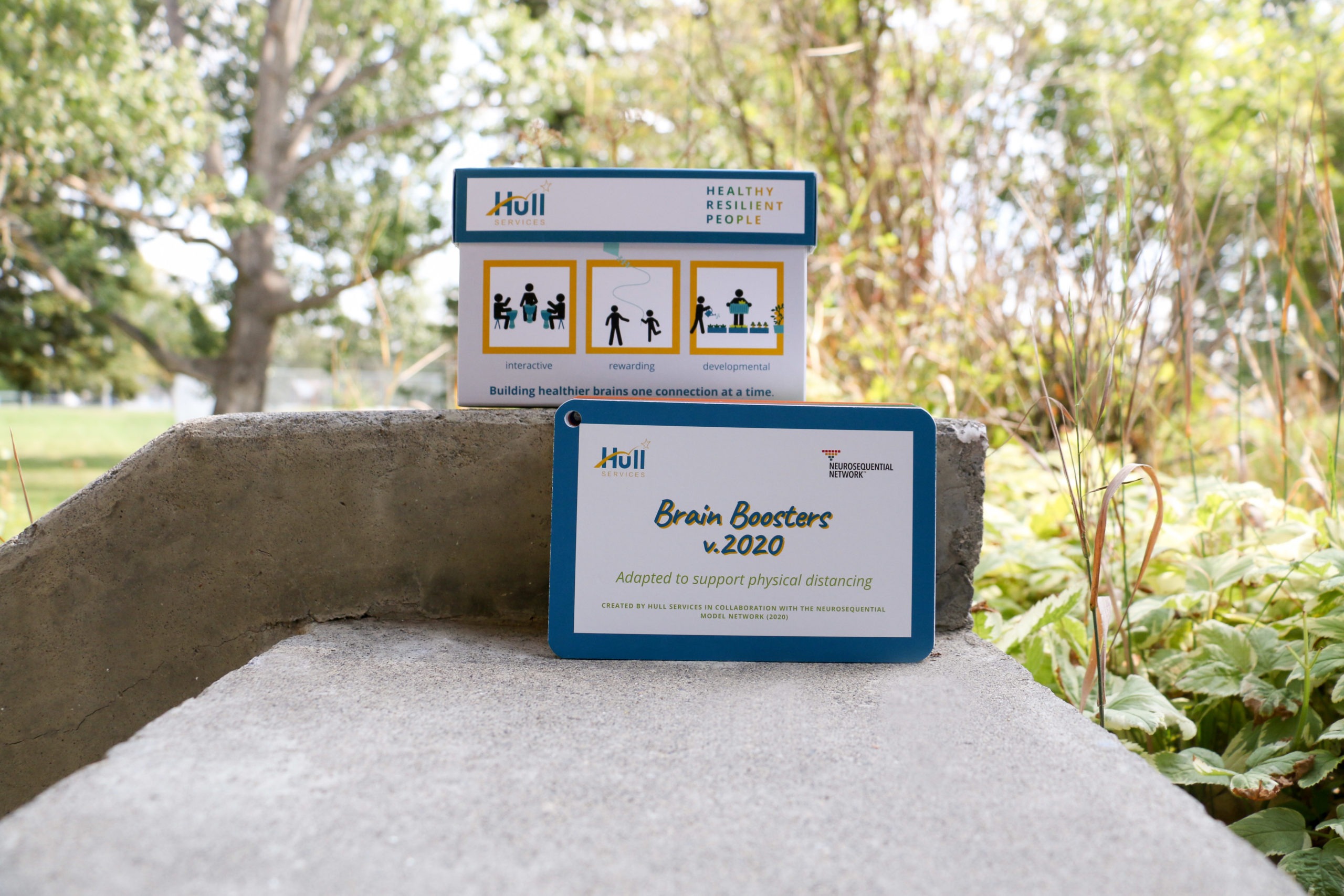Pathways to Prevention: A Centre for Childhood Trauma
Imagine a future where developmental trauma no longer exists
About Pathways to Prevention: A Centre for Childhood Trauma
Imagine a future where developmental trauma no longer exists. Where children need not be removed from their families, generational patterns of abuse, neglect, violence, and addiction are broken, and families are empowered to meet the developmental needs of their babies from the time the baby is in the womb. Picture a world where young people thrive within families and communities that support their mental health and well-being. Parents, doctors, teachers, caregivers, clergy, social workers, and coaches have a shared understanding of brain development and the impacts of trauma. As a result, they are equipped with the knowledge, tools, and support to meet children’s developmental needs effectively.
Pathways to Prevention: A Centre for Childhood Trauma was created to achieve this goal of realizing a future free from developmental trauma. The Centre is an international hub for researchers and service providers in the field to engage in:
![]()
Who this Program Supports
Pathways to Prevention is an international hub for researchers and service providers in the field to engage in research, education and training and advocacy.
What is Developmental Trauma
Developmental trauma describes the impact of early, frequently repeated trauma or loss, which happens in the context of a child’s important relationships and early attachments. It is most often the result of abandonment, abuse, and neglect during the first five years of a child’s life. These experiences disrupt cognitive, neurological, social, and psychological development and create a range of adverse health and social outcomes.
The human, social, and economic costs of trauma continue to weigh heavily on families and communities, often passing from one generation to another in the form of intergenerational trauma. For example, Indigenous people in Canada continue to suffer the physical, mental, emotional, and spiritual harm caused by residential schools. Powerful advocacy, supports and prevention are needed to equip Indigenous people in their work to stop the transmission of developmental trauma caused by government policy (Truth and Reconciliation Commission of Canada, 2015).
Click here to visit the Pathways to Prevention: A Centre for Childhood Trauma Website
OUR MISSION
Create a community for innovative research, exceptional training and education, and unparalleled advocacy to prevent developmental trauma.
OUR VISION
A future free from developmental trauma.
Hull Services and Pathways to Prevention: A Centre for Childhood Trauma
Pathways to Prevention: A Centre for Childhood Trauma is a division of Hull Services. This connection to Hull Services provides Pathways to Prevention with the synergies necessary to support research, training, education, and learning, directly influencing how services are delivered within Hull’s programs. Pathways to Prevention will build on Hull’s well-established reputation as a leader in developmental trauma. While Hull Services continues to do transformational work with children and families, Pathways to Prevention will build the capacity of professionals, communities, and systems to work toward its goal of eradicating developmental trauma.
 Upcoming Trainings and Courses
Upcoming Trainings and Courses
There are no trainings or courses scheduled at this time. Please check back later, or email communications@pathwaystoprevention.ca to receive updates.
Thank you to the generous support of the Shaw Family Foundation for their continued support of Hull Services and now, Pathways to Prevention: A Centre for Childhood Trauma
The Shaw Family Foundation was first introduced to Hull Services and its Hull Child and Family Foundation (‘Hull’) in the late 1990s.
 JR Shaw and members of his close family embraced Hull’s vision of taking on a leadership role in redefining treatment for developmental trauma in children and youth – all based on advancements in research and the experiences of its in-house experts.
JR Shaw and members of his close family embraced Hull’s vision of taking on a leadership role in redefining treatment for developmental trauma in children and youth – all based on advancements in research and the experiences of its in-house experts.
Having gained an appreciation for the important work being done, a bond of trust and support was soon established between Hull and Shaw Family Foundation, which resulted in, in 2009, the Shaw Centre for Mental Health and Addiction opening on Hull’s Southwest Campus. This custom-built place serves youth who are experiencing serious risk of harm.
In 2014, when Hull’s team increased its focus on preventative actions and early intervention. Shaw Family Foundation invested in the Hull team’s work to apply brain science in the healing of children and youth who have suffered developmental trauma.
More recently, recognizing the value of Hull’s work with the Neurosequential Model of Therapeutics, Shaw Family Foundation donated $2.6 million to launch the development of Hull’s Pathways to Prevention: A Centre for Childhood Trauma.
With Shaw Family Foundation’s support, Hull’s programs were equipped with the necessary training, tools, and clinical support to build Pathways to Prevention, a community for innovative research, exceptional training and education, and unparalleled advocacy to prevent developmental trauma.
Growing our capacity in the community
As a result of the Shaw funding, Trauma-Informed Services (Now Pathways to Prevention: Centre for Childhood Trauma) experienced an increase in capacity for partnerships with organizations and professionals providing adjunct therapies essential to the prevention and treatment of developmental trauma.
It enabled Pathways to Prevention clinical staff to grow their clinical capacity to deliver leading-edge NM interventions, motivating Children’s Services to fund Pathways to Prevention to train over 2,700 participants from 223 agencies in Alberta, including front line workers, health care workers, educators, administrators, policy makers, caregivers, juvenile justice workers and others.
In addition, the Shaw funding enabled Pathways to Prevention to extend training and consultation to First Nations groups, including a school district in Alberta that, as a result, graduated students with high school diplomas for the first time since opening.
The funding revolutionized our organizational practice to a trauma informed and brain-based understanding of children’s needs. The resulting implementation models have been shared nationally and internationally, leading to a steady stream of requests for consultation regarding both organizational and individual implementation of the NM approach.
To learn more about available trainings and courses offered by Pathways to Prevention, click here.
Brain Booster
2020 Brain Booster Activity Cards are now availableThe Brain Booster activity cards outline a set of enrichment activities that are intended to provide targeted positive activation of key systems in the brain. The four broad categories of activities are matched to the four functional domains of the brain outlined by Dr. Bruce Perry’s Neurosequential Model.
Click to learn more
Your Support is Powerful
If you are interested in supporting the important work of Pathways to Prevention, you can donate using the below form:
